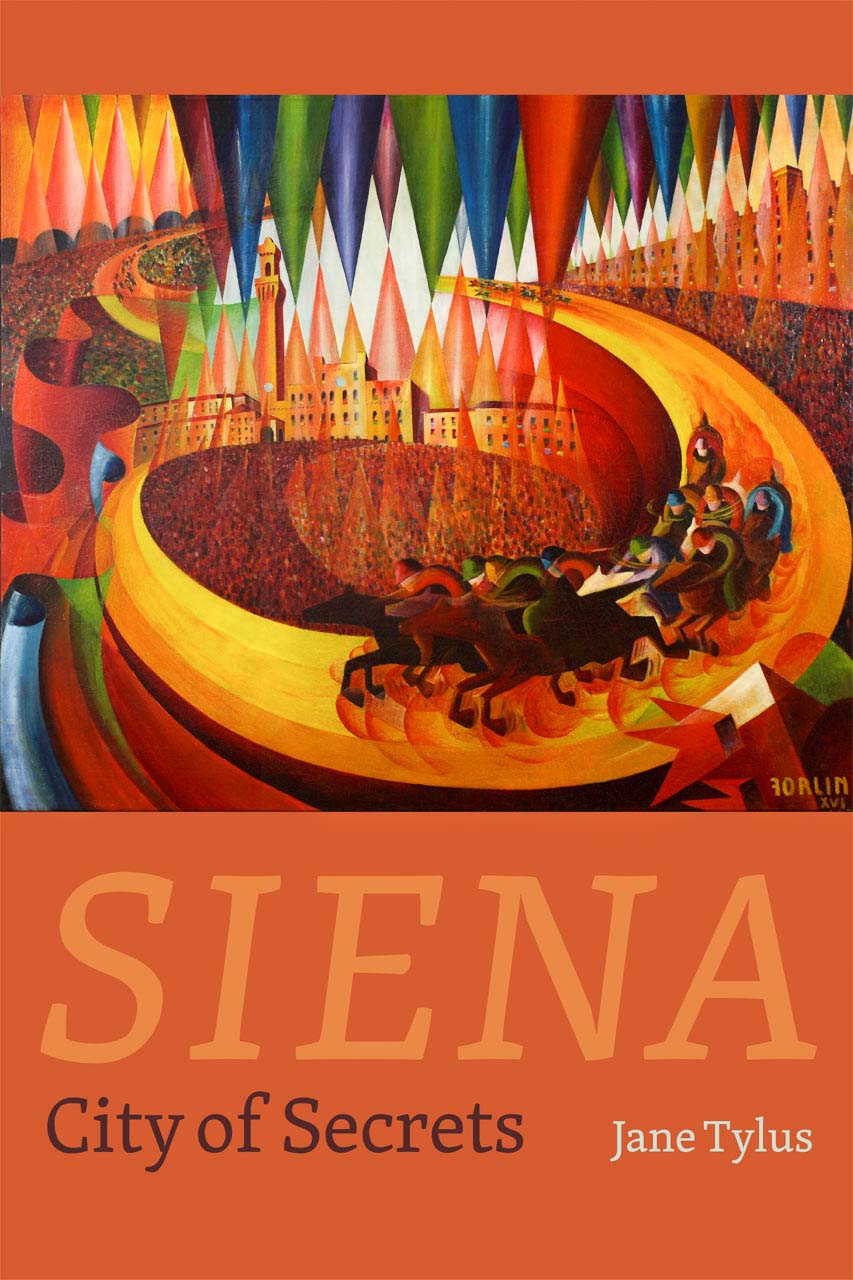
Last Thursday, April 21, the Department of Romance Languages and Literature invited Jane Tylus, a visiting professor in the Italian department at Yale, to talk about her newly published book, “Siena, City of Secrets.”
“[Her work is] an exemplary hybrid between academic text, intellectual memoir, and travelogue,” said Assistant Professor of Italian, and Medieval Studies Francesco Marco Aresu.
Over the course of two hours, Tylus introduced and described the various obstacles that she encountered in the writing of her book. Tylus shared her personal relationship with the medieval town and through the help of a slideshow took those in attendance on a virtual tour of Siena. Although she described the physical characteristics of the city at length, she seemed even more amazed by the culture and hospitable nature of its residents.
Tylus also highlighted the notion of Siena as the center of the world not on a geographical level, but rather as a culturally innovative leader of medieval Italy.
“Siena represented an accommodation for the whole world, [and] they invented a network of social services that would become a template for the rest of Europe,” Tylus said.
At the height of its power during the 15th century, Siena was both a military and cultural leader of Italy. It introduced the first bank in Europe, Monte di Paschi, which still operates to this day. Siena is also the location of the oldest hospital in Europe, la Santa Maria della Scala, which operated for close to a thousand years before closing in 1995. Tylus used these as examples to underline how this secretive little town in the Tuscan countryside is actually the origin of important social innovations.
Despite all of its successes, Siena also saw a number of failed projects throughout the years, though Tylus still noticed something unique about the culture in this aspect.
“Siena is a town that never tears anything down, it continuously grows and expands, even its architectural failures are monumentalized, emphasizing the importance of learning from one’s mistakes,” Tylus said.
Tylus concluded her talk with a simple statement about the resilience of Siena and its people, emphasizing their ability to recover from instances of invasions or famine. The talk then opened up to questions, and refreshments were served.
“I think her talk was both extremely informative and alluring, hopefully increasing the interest in Italian culture that is so strong and rooted at Wesleyan,” Aresu said.
Aresu further explained that Tylus had distinguished herself from other experts.
“Her competence in literature, art, and history is prodigious,” Aresu said. “Yet her prose is captivating and winsome. I thought this would easily translate into an amazing talk, and this is exactly what happened.”
He also thought the topic would be of immediate interest for his students in the two literature courses that he is currently teaching, which included one on Renaissance comedies and one on Dante’s Divine Comedy.
Yesel Vargas ’19 is currently in her second semester of elementary Italian. She was fascinated to hear that so many of today’s current social services that are now taken for granted originated in this small medieval city.
“It was exciting to learn about the origin of societal institutes such as the hospital,” Vargas said. “The talk really lived up to its name, as Siena [is the] city of secrets.”
Vargas said that she was not usually interested by history, but said that she liked how Tylus explained it.
“I really like the way she explained the history, she made it very easy, not overloading you with information but telling a story which was easy to follow,” Vargas said.
Aresu agreed with this sentiment.
“On top of her impeccable academic competence, the talk also showed [Tylus’] charming and sparkling style,” Aresu said.



Leave a Reply